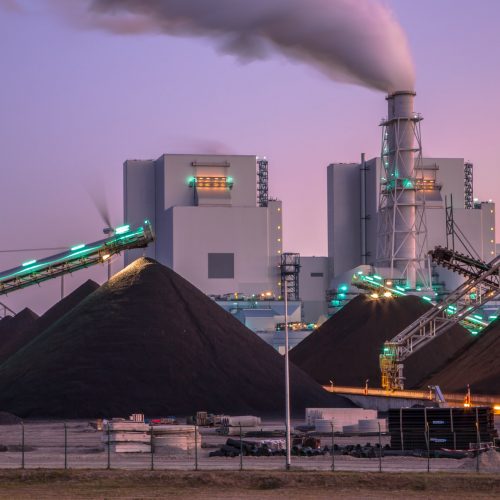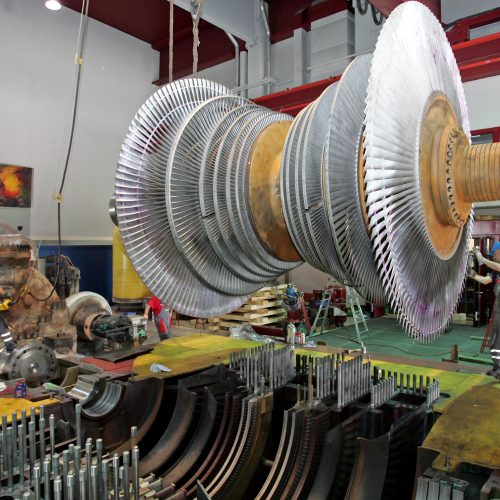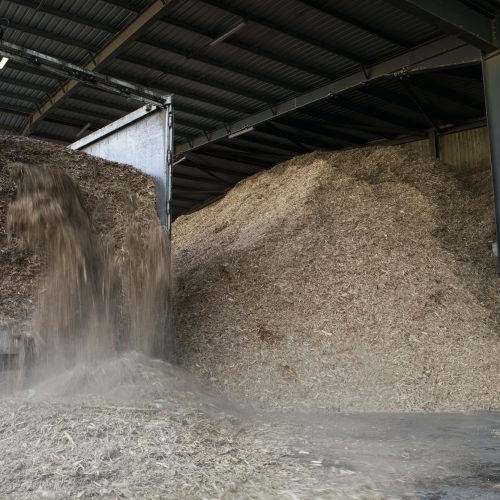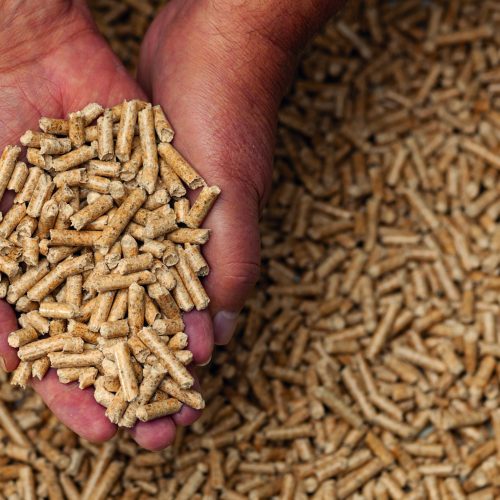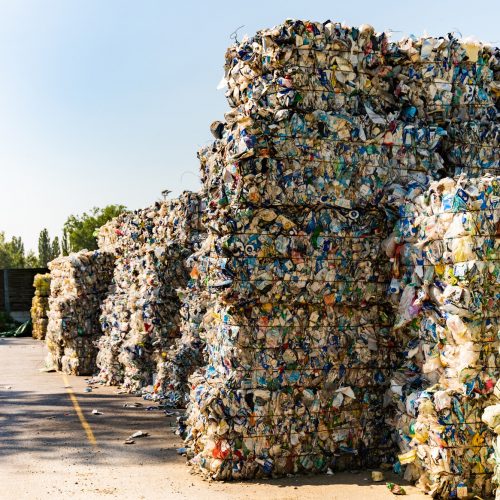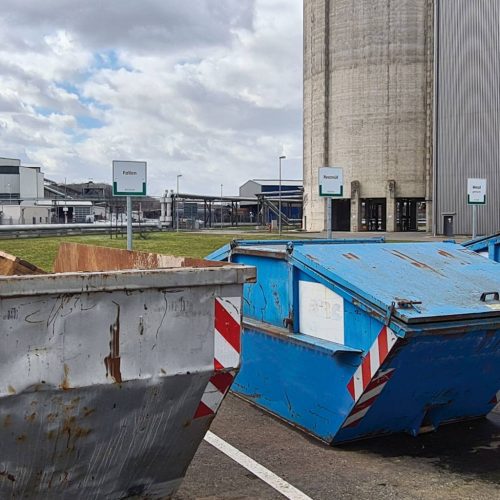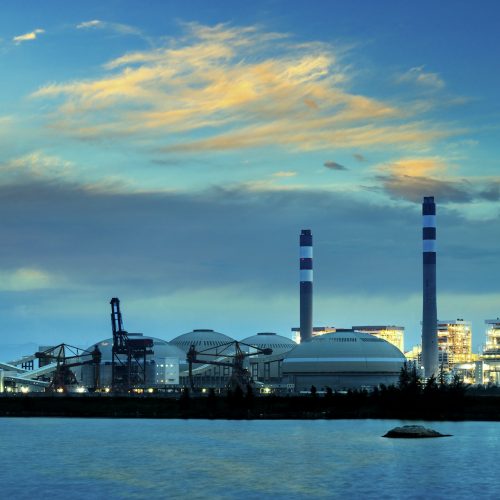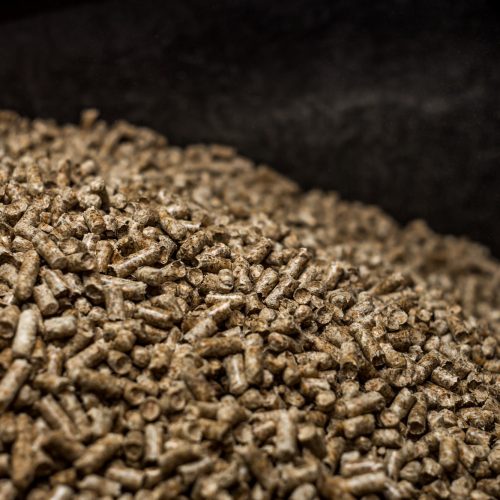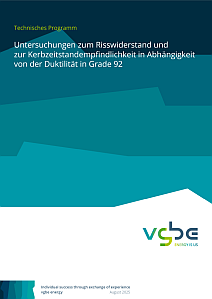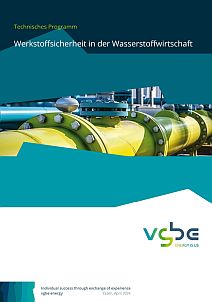Solid fuels
Conventional power plants will continue to be indispensable for a secure energy supply in the coming decades – especially against the background that controllable generation is currently the most important flexibility option in the energy system.
The technology of generating electricity and heat from solid fuels such as coal, biomass and waste is characterised by high complexity and requires a high degree of know-how, which is offered by vgbe with its network of experts.
In this field, vgbe provides the communication platform for all questions concerning technology, operation and plant safety of power generation plants and covers all specialist areas such as boiler, turbine or control technology. The focus is on short-term and practice-oriented as well as long-term, strategically oriented topics.
Other aspects that are becoming increasingly important are retrofitting, decommissioning and after-use options of conventional power plants and associated sites.
Our range of services
Activities
The exchange of experience on technical issues relating to the generation of electricity and heat from solid fuels is among the major association’s activities. Within the framework of this exchange of experience in the vgbe committees, the focus is on questions concerning planning, operation, maintenance and plant optimisation as well as the associated environmental and legal aspects.
In addition to the classic subject areas such as mechanical and civil engineering, materials and components or electrical and control engineering, we also deal with higher-level disciplines such as digitalisation, occupational health and safety or IT security. The focus is on short-term and practice-oriented as well as long-term, strategically oriented topics.
Examples of current topics are the national implementation of the BREF LCP, the amendment of the 13th and 17th BImSchV (Federal Immmission Control Act), the amendment of the EU Machinery Directive, the co- and mono-incineration of sewage sludge, the conversion and re-use of power plant sites.
The vgbe-Standards, position papers and databases are an important result of the committee work. Position papers are prepared, for example, to comment on laws and directives and to implement regulatory requirements. Recently, for example, a white paper SSTI – Consideration was published on possible effects of the operation of HVDC systems in the grid on the shaft trains of turbine sets in power plants.
The vgbe-Standards reflect the state of the art for the generation and storage of electricity and heat. These Standards are developed by the vgbe offices and the vgbe members in close cooperation with manufacturers, suppliers, engineering offices and other associations and organisations.
vgbe is also actively involved in the preparation of national and international standards at DIN and CEN.
In the area of research & development, vgbe offers a neutral platform for cooperation for the joint research of member companies. Here operators as well as manufacturers, universities and research institutes can contribute and pool their specific know-how and financial resources. Currently, vgbe is in charge of several projects concerning the after-use of (coal) power plant sites.
- Limestone accident
- Isolated Phase Bus (VGB-S-164-13)
- Overhaul recommendations for turbo-generators (VGB-S-167)
- Maintenance recommendations for transformers and reactors (VGB-S-169-12) / This vgbe-Standard is only available in German.
- Measurement uncertainties (VGB-S-020)
- Recommendation for the introduction of risk-based maintenance (VGB-S-140)
- Recommendation for the introduction of risk-based maintenance (VGB-S-104) / This vgbe-Standard is only available in German.
- Document Designation for Energy Supply Units (VGB-S-832-00-2021-05-DE-EN)
- RDS-PP Application Guideline
- Hg-Oxtest
- Analytical methods
- Cooling tower Standard
- Corrosion Protection for Offshore Wind Structures (VGB-S-021)
- Harmful soil changes and contaminated sites – Investigation, assessment, remediation (VGB-S-308) / This vgbe-Standard is only available in German.
- Guideline for dealing with real estate and properties (VGB-S-309)
- Alignment check on turbo sets (VGB-S-188)
- Provision of Technical Documentation (Technical Plant Data, Documents) for Energy Supply Units (VGB-S-831-00-2015-05-EN)
Overview of all vgbe-Standards can be found in the media catalogue!
- VGB Statistical guidelines for emissions compliance evaluation (VGB-Projekt 409) – Final report
- Verbesserung der pneumatischen Beschickung von Prozessen zur Nutzung halmgutartiger Biomasse – Schlussbericht
- GreenDEALCO2 – Green Deployment of E-fuels and Liquids based on CO2 for closed and end-of-life coal-related assets – Projekt-Nr. 439
- Potentials – Synergistic potentials of end-of-life coal mines and coal-fired power plants, along with closely related neighbouring industries: update and re-adoption of territorial just transition plans – Projekt-Nr. 438
- RECPP – Re-purposing Coal Power Plants during Energy Transition – Projekt-Nr. 432
- DIGI STEAM Digitalization in the energy sector: Identification of digitalization possibilities in the energy sector especially in the field of steam supply systems – Projekt-Nr. 429
- DigiPoll@Energy 2020: Digitalisierung im Energiesektor – Status-quo, Ausblick und Handlungsbedarf – Schlussbericht
- Short circuit tests – Mechanical forces on isolated phase bus and its support construction during short circuit conditions – Schlussbericht
- BeHeWaDS – Angepasster Ultra-Hochleistungsbeton für Heißwasser-Druckspeicher – Projekt-Nr. 422
- GORE-Versuchsanlage – „GORE-Versuchsanlage“ im Kraftwerk Schkopau – Projekt-Nr. 411
- FLEXI-TES: Kraftwerksflexibilisierung durch Thermische Energiespeicher – Projekt-Nr. 407
- DENA Ancillary services platform – VGB Contribution to the DENA German Energy Agency Ancillary services platform – Projekt-Nr. 391
Technical programmes
In addition to the classic association activities, vgbe offers various technical programmes in cooperation with its members to support their daily work in operation, maintenance and plant optimisation as well as in technical-economic, ecological and strategic challenges.
Participation in these programmes is open to both vgbe members and vgbe non-members.
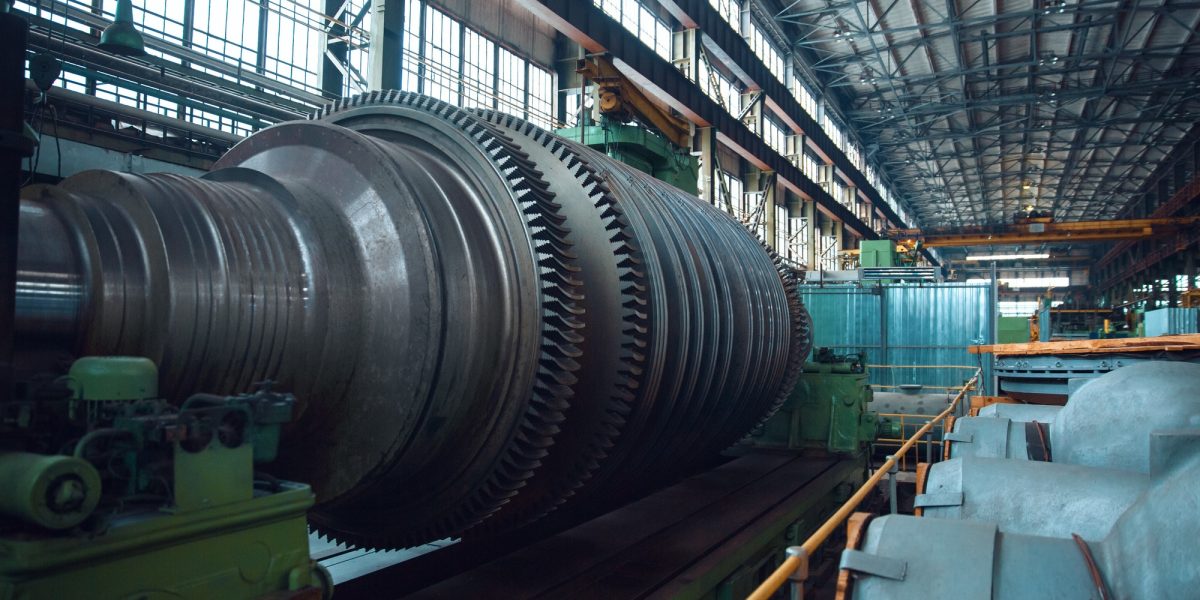
Investigations on crack resistance characteristics and creep notch sensitivity as a function of ductility of Grade 92
Time frame: from 8/2025
Both, vgbe members and non-members are eligible to participate in the programme
Participation in the previous TP is not a prerequisite for participation in this TP
The TP language is German/English
In order to conclusively clarify the outstanding questions, the following technical program “Investigations on crack resistance characteristics and creep notch sensitivity as a function of ductility of Grade 92” was developed. The key results from the previous programme are listed in the description of the new TP.
The planned investigations will significantly reduce the current uncertainties in the leak-before-break behavior of operationally relevant material conditions, which could also reduce the safety values specified by the responsible monitoring authority for continued operation of the plant. At the same time, the results provide fundamental insights into whether or not the leak-before-break criterion is actually exceeded in long-term use for Grade 92, which is classified by ASME as creep-intolerant. ,. This will be an important criterion in the selection of materials for future HT components that are to be operated at T > 600 °C.
In addition, it will be investigated whether the batch-specific ductility properties in long-term behavior can be determined by slow tensile tests (SSRT tests) on defined material states. For this purpose, a method will be developed with which the microstructure of untreated material can be specifically adapted by thermo-mechanical pretreatment so that it exhibits the same characteristics as microstructures subjected to long-term creep.
Since no clear microstructural causes for the different deformation characteristics of P92 melts have been found to date, further samples will be examined metallographically for possible segregation/microsegregation using element mapping as part of the new technical program “Investigations on crack resistance characteristics and creep notch sensitivity as a function of ductility of Grade 92”.
Material Safety in the Hydrogen Economy
Programme start: 2024
The energy supply of the future will be sustainable, environmentally compatible, safe and economical. The expansion of renewable energies is therefore one of the central building blocks of European climate and energy policy. Along with the increasing need for flexibility in the energy system, hydrogen is considered a key technology of the future.
Materials technology is an important cross-cutting topic, as hydrogen poses particular challenges in terms of materials technology.
The TP “Material Safety in the Hydrogen Economy” was set up to maximise the success and solution-orientation of the open questions in materials technology about hydrogen. At vgbe, topics relating to materials in connection with hydrogen are bundled in this technical programme. Other vgbe committees will not consider these topics in this level of detail.
The newly formed expert group will identify, define and initiate new technical projects.
Both vgbe members and vgbe non-members are admitted to the TP (at different conditions).
Agreements | Steam boiler
Overview list of association agreements | Steam boilers
No V_DK_ | Title Agreement | Date (Month/Year) |
|---|---|---|
000 | List of agreements | 09/2025 |
Agreements | Download
[German Edition]
[German Edition]
Agreements | Download
[English Edition]
[English Edition]
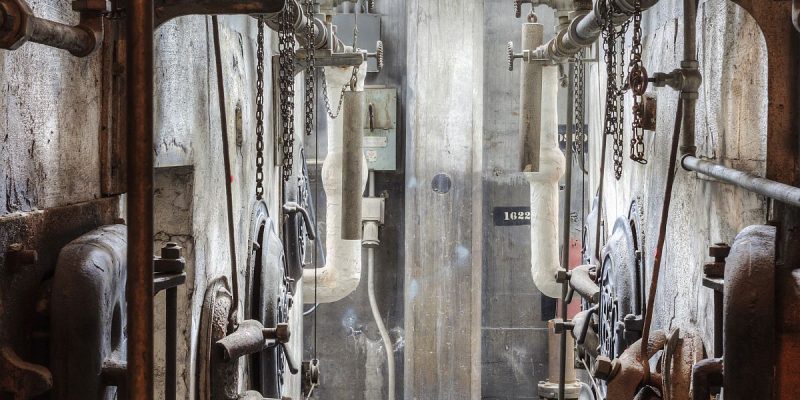
Get in touch
We are looking forward to inform you
Our team
Andreas Böser
Gas Turbines, Engine Heating Power Plants, Reference Designation & Documentation
Dr Hans-Joachim Feuerborn
Environmental Protection, Residues and By-Products
Jens Ganswind-Eyberg
Dipl.-Ing. Sven Göhring
Environment and Maintenance, Re-purposing
Lars Hahner
Chemistry, Flue Gas Cleaning, Cooling Technology
Dipl.-Ing. Swen Kaast
Dr. Heiko Leßlich
Dipl.-Ing. Anna-Maria Mika
Steam Turbines
Stefan Prost
Power Plant Information System (KISSY), Performance Indicators
Dipl.-Ing. Verena Quiskamp
Thermal waste utilisation
